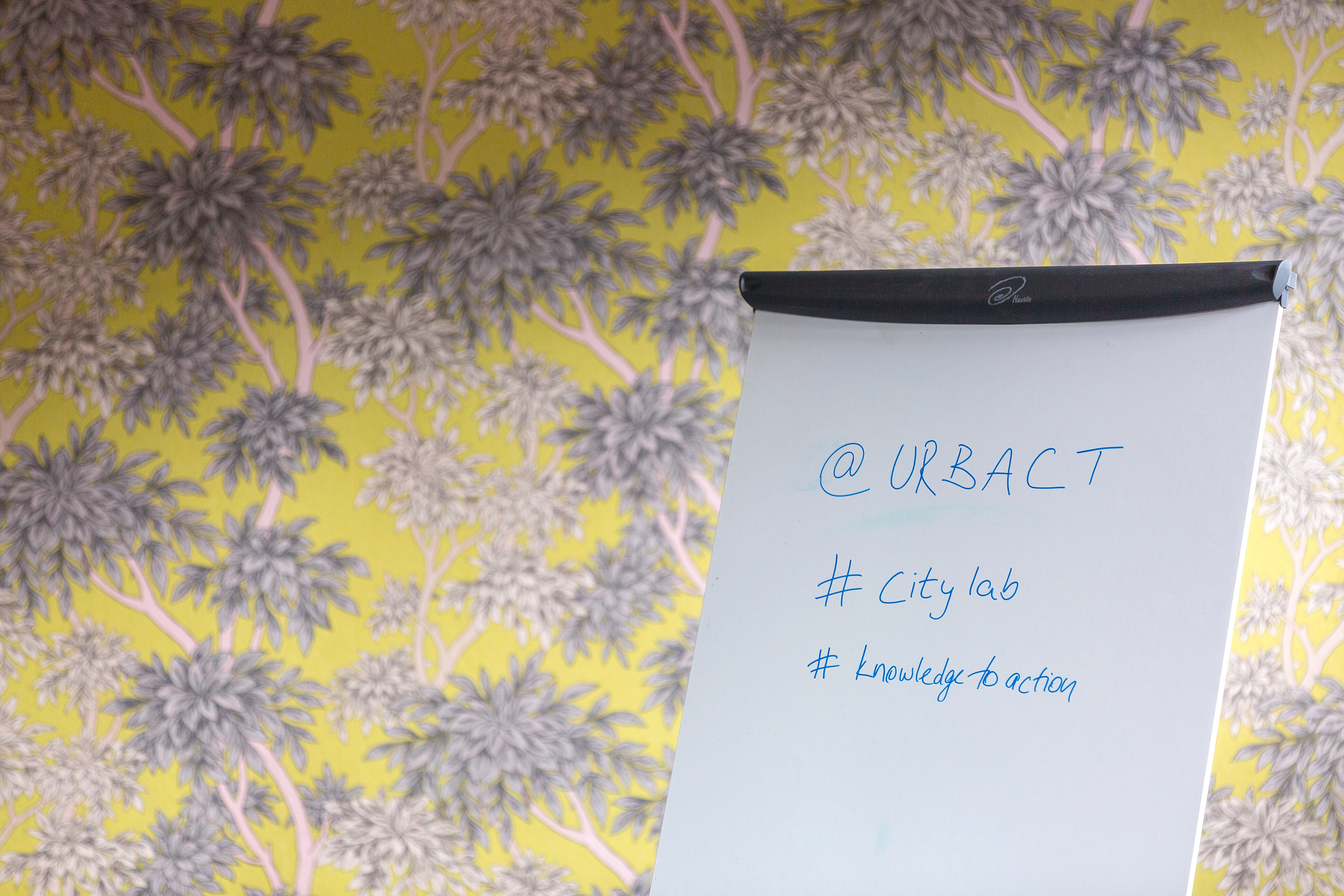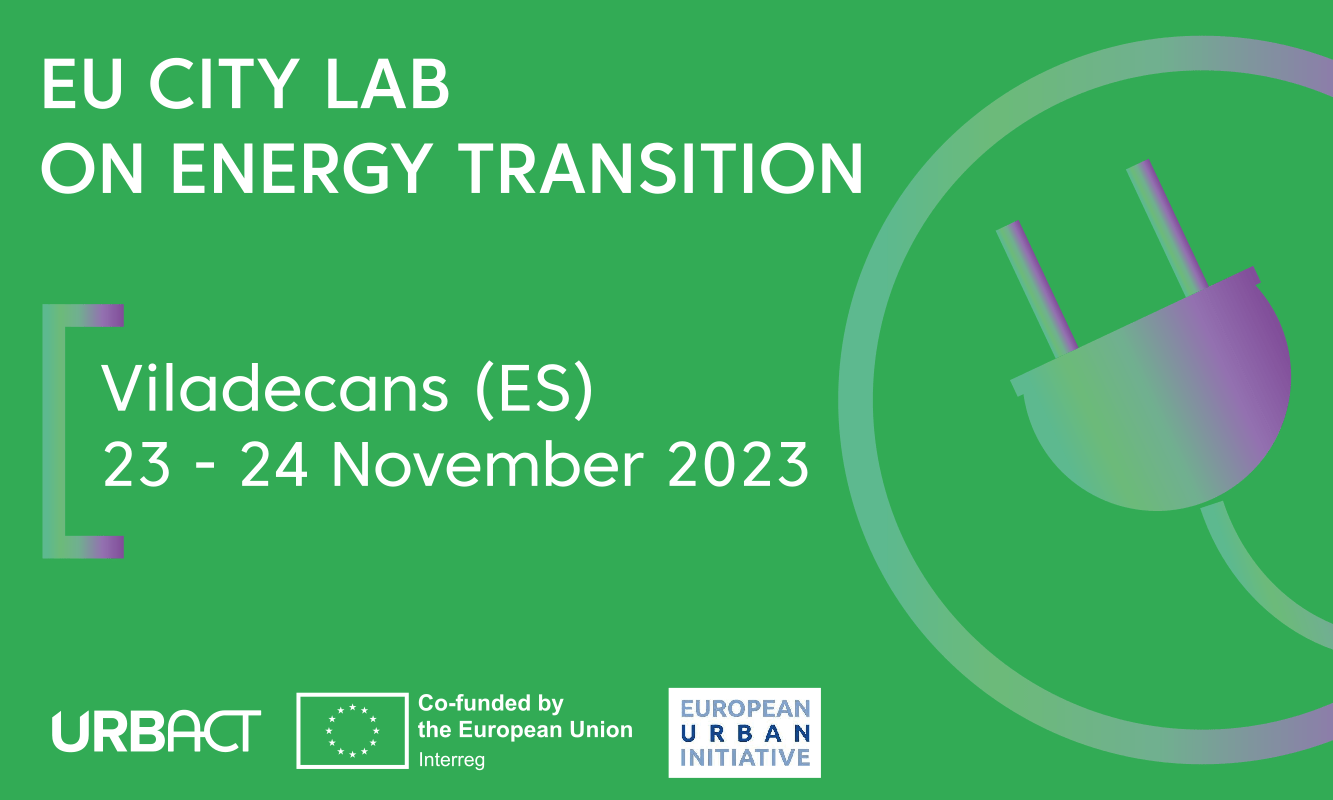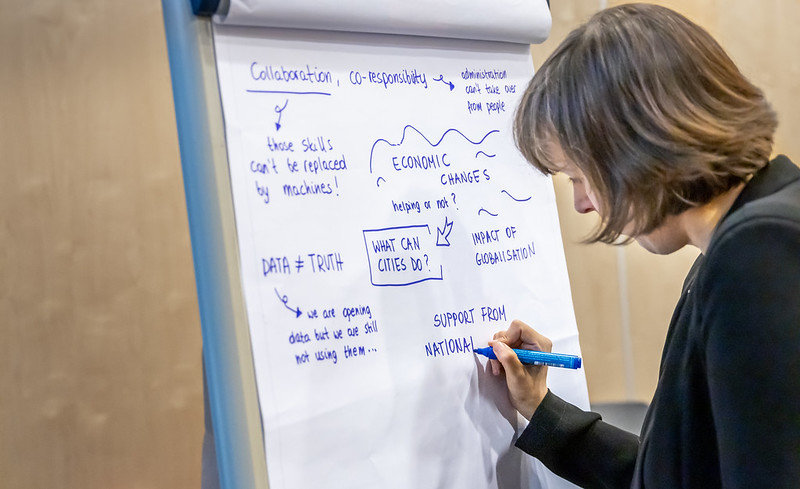The (bumpy) road to climate neutrality
What do we know about Europe’s journey to climate neutrality? Well, most of us are aware of the headline commitment: through the European Green Deal, the EU is committed to becoming the world’s first climate-neutral bloc by 2050. Ahead of that, the Climate Mission’s 100 front-runners, the NetZeroCities, will hit this target by 2023.
But we also know that this transition to climate neutrality won’t be smooth sailing. The scale of the challenge is as undeniable as the Intergovernmental Panel on Climate Change (IPCC) conclusions about the planet’s current level of danger. Despite this, we can see that the mood may be shifting in the wrong direction. Pushback and resistance are rising, as climate change sceptics seek to hinder the transition to net zero. For example, misinformation about the 15-minute city model has been circulated to stoke citizens’ concerns about their civil liberties, capitalising on post-pandemic anxieties.
We also know that the scale and complexity of the climate-neutral transition creates particular challenges for small and medium-sized cities. Earlier this year, URBACT investigated exactly what this means, through a research project involving 68 cities.
Where are cities going to struggle?
URBACT’s analysis of cities’ needs provides helpful insights into the specific areas where they might struggle. Respondents, most of whom were from small and medium-sized cities, identified the headline challenges as:
- urgency
- complexity
- low awareness levels
- finance
- mixed quality data
- behaviour
For participating cities, energy transition emerged as the highest priority under the broad banner of ‘green transitions’, followed by housing, then education, the latter most likely linked to mindset shifts and reskilling. When it comes to the types of capacity-building needed, energy and energy policy were most frequently cited, specifically in relation to implementation.
How can URBACT help?
URBACT’s core focus is transnational city networks. The programme provides a framework for city authorities – and their thematic stakeholders – to collaborate on addressing their most pressing priorities. Not surprisingly, the most recently approved set of 30 Action Planning Networks (APNs) featured a high proportion of broadly ‘green’ themes. These include:
- Circular Economy
- Sustainable Land Use
- Climate Adaptation
- Energy Transition
In this new programming period, URBACT also has three cross-cutting themes, which will run through all networks, regardless of their thematic focus. These are: Green Cities, Gender Equal Cities and Digital Cities. At the recent URBACT Summer University, an intensive capacity-building experience for new networks, these transversal themes were highly visible, and the programme plans to further support network activity under them in the months ahead.
In light of the above, an important instrument will be the EU City Labs, the first of which will take place in Viladecans, Spain, on 23-24 November 2023.

Where do the EU City Labs come in?
Starting this month, the EU City Labs will showcase leading-edge activities related to selected themes. These events are co-hosted by URBACT and the European Urban Initiative (EUI), who collaborate on supporting sustainable urban development across the EU. The City Labs will provide a trusted space to identify challenges, examine effective methodology and explore the potential for future city-to-city collaboration. Most importantly, they will demonstrate what works, giving participants first-hand experience of the most advanced urban practices in Europe.
In this respect, Viladecans is the perfect host for the first EU City Lab. This Catalan municipality provides an inspiring example of how a smaller city, with big ambitions, can punch above its weight. Its innovative, inclusive approach to tackling energy transition has already been the subject of much attention and acknowledgment. Earlier this year, the city was given the EU Green Leaf award, together with the city of Treviso (IT), in recognition of its efforts towards climate neutrality. Viladecans was also a lead partner in the pilot URBACT Innovation Transfer Networks (ITNs), where it sought to transfer its Urban Innovative Actions (UIA) project on local energy communities to three other EU cities.
Two of those cities, Trikala (EL) and Nagykanizsa (HU), will join the November City Lab to share their own stories of that replication journey. Other UIA cities, such as Getafe, will also share the stage, which is appropriate at an event jointly supported by URBACT and the EUI.

Beyond Viladecans
The City Labs are, in essence, experimental spaces. To reiterate, each EU City Lab will have a thematic focus. The first shines a light on the energy transition, with two related events taking place within a period of months. The second, launching in early 2024, will focus on food, a theme around which the programme has an established body of experience.
Starting with Viladecans, the City Labs should provide an important platform for leading stakeholders, focused on the energy transition and other themes, to consider future collaborative options through URBACT and EUI channels.

For example, the upcoming URBACT ITN call (January 2024) will fund completed UIA city projects to transfer their innovation experiences across Europe, as Viladecans did in the pilot. The programme will also deliver a series of capacity-building activities under each of its three cross-cutting themes.
From the EUI side, it is worth mentioning other collaborative opportunities:
- Cities can participate in EUI capacity-building events such as the Green Transition capacity-building event that took place recently in Tourcoing.
- They can apply for EUI Innovative Actions call, the last one included the Greening Cities theme.
- The EUI City Exchange provides a way for cities to follow up bilaterally to deepen their knowledge of others’ experience first-hand.
- Through the Peer Review channel, cities can collaborate on improving their sustainable urban development strategies, which can of course include interventions linked to energy transition.
If you didn''t make it to Viladecans, you can surely sign up for future City Labs, so sign up for the URBACT newsletter and stay tuned!


